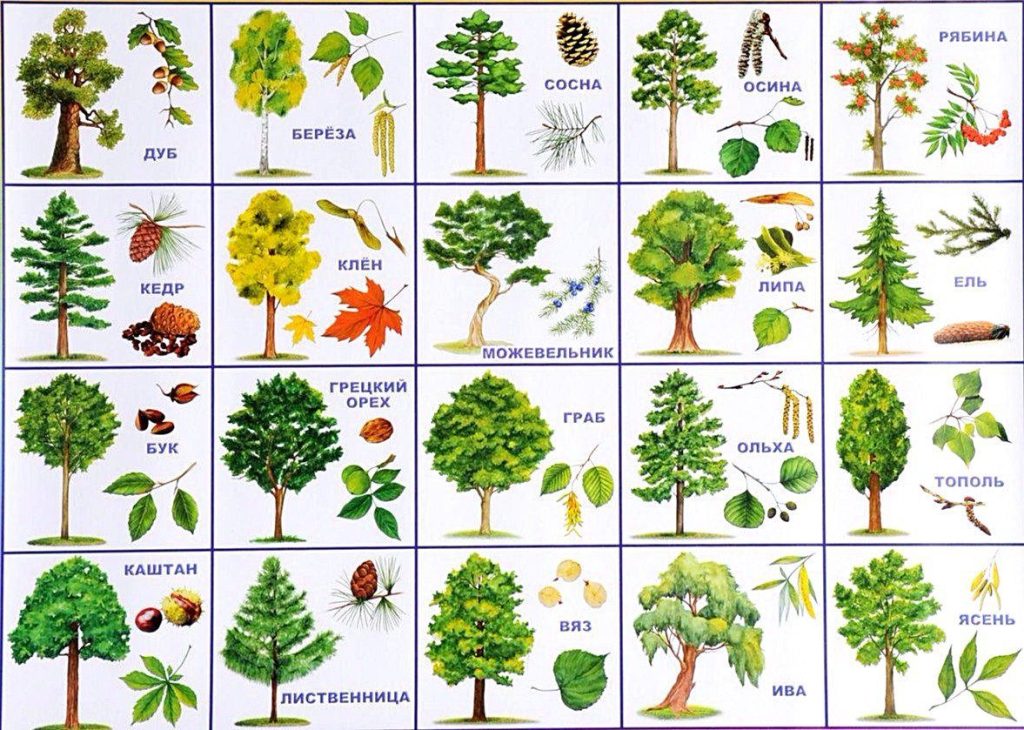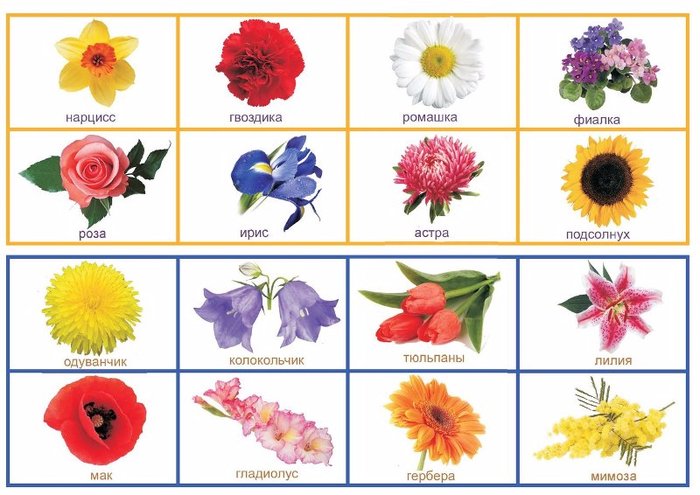Природа: новые слова
These are some words related to nature that might be new to you. Clicking on the plus signs will open short vocabulary lists. Then practice the vocabulary using the exercises below.
Geology / Environment
Геоло́гия / Окружа́ющая среда́
Nouns
водоём: body of water
во́здух: air
загрязне́ние: pollution
запове́дник: reserve
землетрясе́ние: earthquake
зо́лото: gold
ка́мень: rock
ледни́к: glacier
мета́лл: metal
минера́л: mineral
му́сор: trash
нефть: oil
пеще́ра: cave
поле́зные ископа́емые: minerals
потепле́ние: warming
пусты́ня: desert
сва́лка: dump
ТЭЦ (теплова́я электроста́нция): thermal power plant
у́голь: coal
Adjectives
гря́зный: dirty
пре́сный: freshwater
чи́стый: clean
Упражнение 16. Новые слова.
Check your knowledge of these words by using the flash cards.
Verbs
добыва́ть / добыть: to mine
испо́льзовать: to use
сохраня́ть / сохрани́ть: to save, preserve
спаса́ть / спасти́: to save
Weather / Climate
Пого́да / Кли́мат
Nouns
град: hail
гроза́: thunderstorm
гром: thunder
жара́: heat
лёд: ice
мете́ль: blizzard
мо́лния: lightning
моро́з: frost
мо́рось: drizzle
хо́лод: cold
Verbs
замерза́ть / замёрзнуть: to freeze
та́ять / раста́ять: to melt
Упражнение 17. Погода.
Match the pictures with the words that describe them.
Давайте поговорим! Погода. Поговорите с партнёрами.
- Кака́я пого́да вам бо́льше нра́вится — жара́ и́ли хо́лод? Почему́?
- Быва́ет ли град / грозы́ / гром / жара́ / лёд / мете́ли / мо́лния / моро́з / мо́рось в ва́шем райо́не? В како́м ме́сяце?
- Бои́тесь ли вы гро́ма и́ли мо́лнии?
- Была́ ли в ва́шей жи́зни экстрема́льная пого́да (си́льный ве́тер, бу́ря, жара́)? Расскажи́те.
- Вы когда́-нибудь ви́дели большо́й ледни́к и́ли сне́жные го́ры? Где э́то бы́ло?
- Как пого́да влия́ет на ва́ше настрое́ние?
People and Nature
Челове́к и приро́да
Nouns
коче́вник: nomad
пле́мя: clan, tribe
пре́дки: ancestors
се́льское хозя́йство: agriculture
Verbs
изменя́ть / измени́ть: to change
иссле́довать: to research, explore
ме́рить / поме́рить: to measure
Plants
Расте́ния
Nouns
берёза: birch
дуб: oak
ель / ёлка: evergreen
куст: bush
мох: moss
трава́: grass
Verbs
расти́ / вы́расти: to grow
руби́ть / заруби́ть: to cut down
сажа́ть / посади́ть: to plant
уха́живать: to take care of
Упражнения 18 и 19.
Match the pictures with the words that describe them, and then fill in the blanks with the correct words.
Follow-up activity:
Do you have favorite types of trees or flowers? You might be able to find them on these infographics, or you can look up what they are called. Then report what they are called to your classmates.


Animals
Животные
Nouns
бе́ркут: golden eagle
вымира́ющие: endangered (species)
гнездо́: nest
жук: beetle
жура́вль: crane
за́яц: hare
змея́: snake
коза́ / козёл: goat
коро́ва: cow
лев: lion
лягу́шка: frog
млекопита́ющиe: mammals
насеко́мое (plural: насеко́мые): insect
оле́нь: deer
орёл: eagle
охо́та: hunt
па́стбище: pasture
пау́к: spider
пчела́ (plural: пчёлы): bee
свинья́: pig
скот: livestock
сне́жный барс: snow leopard
сова́: owl
у́тка: duck
Adjectives
ди́кий: wild
дома́шний: domesticated
живо́й: live, living
опа́сный: dangerous
Verbs
держа́ть: to keep
исчеза́ть / исче́знуть: to disappear
охо́титься: to hunt
Упражнение 20. Живые существа.
Listen to the audio files, which list types of living things that belong to a certain group. Then click the name of that group. If you need help, click the button on the left which shows a photo collage of that group. Click the arrows on the bottom right if you would like to open the activity full screen.
Упражнение 21. Животные.
Test your knowledge of the names of animals. If you need a reminder, play the audio file, which gives the animal’s sound. When you click “Check” you will also be able to see the verb associated with the animal’s sound and what the animal says in Russian.
Упражнение 22. Словосочетание.
Which adjectives can describe the following nouns? Select all possible answers. Use adjectives from all sections of the vocabulary list in this exercise.
Упражнение 23. Глаголы.
Use verbs from all sections of the vocabulary list in this exercise.
Давайте поговорим! Поговорите о животных с партнёрами.
- Како́е ва́ше люби́мое живо́тное? Почему́?
- У вас есть дома́шние живо́тные? Расскажи́те о них.
- Каки́е живо́тные живу́т в ва́шей стране́?
- Каки́е живо́тные счита́ются са́мыми у́мными? Почему́?
- Каки́е живо́тные вам нра́вятся, но вы бои́тесь их?
- Как вы отно́ситесь к зоопа́ркам? Э́то хорошо́ и́ли пло́хо для живо́тных?
- Должны́ ли лю́ди помога́ть живо́тным в приро́де? Почему́?
- Счита́ете ли вы, что живо́тные уме́ют чу́вствовать эмо́ции? Почему́?
- Каки́е живо́тные исчеза́ют сего́дня? Что мы мо́жем сде́лать, что́бы их спасти́?
Sources
https://kartin.papik.pro/cveti/4906-kartinki-nazvanija-cvetov-po-alfavitu-68-foto.html

